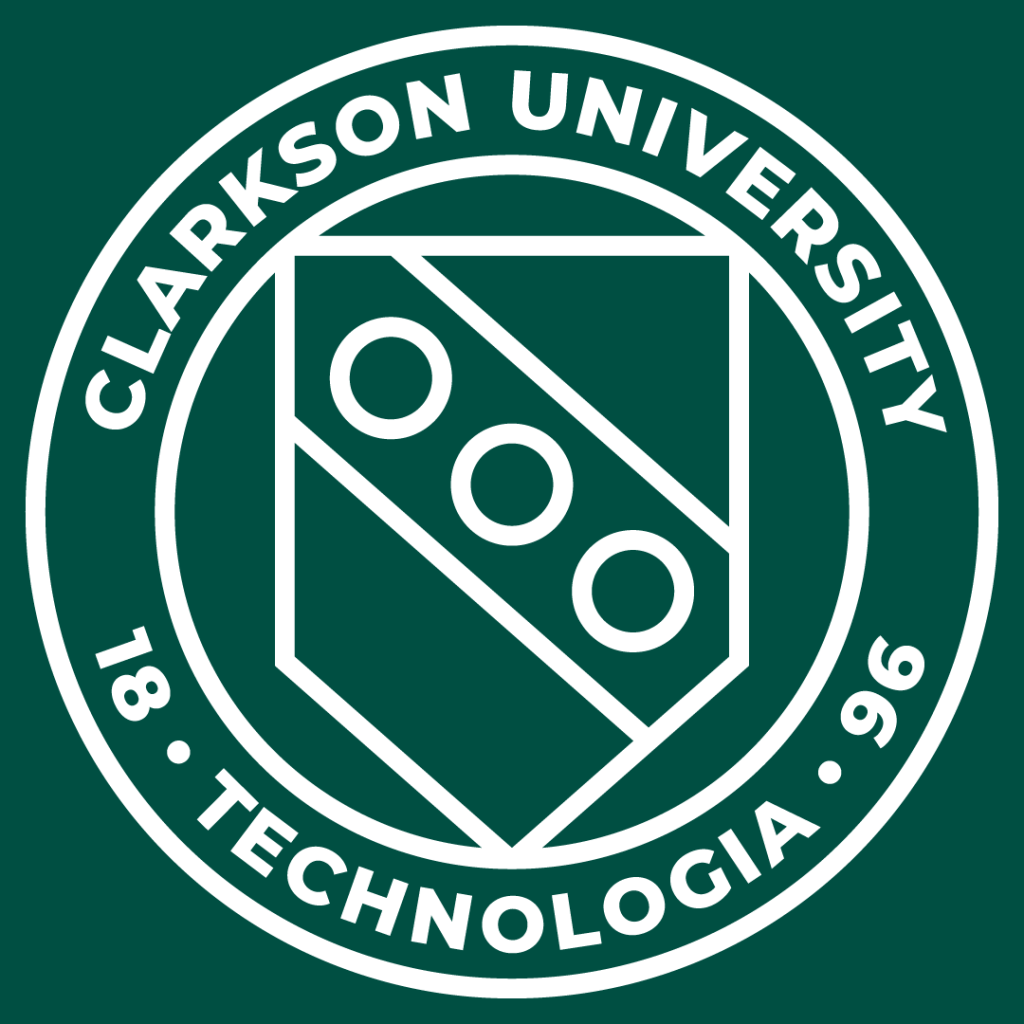The Center for Rehabilitation Engineering, Science & Technology (CREST) at Clarkson University has awarded two inaugural CREST Graduate Assistantships (CREST GA) in support of multidisciplinary biomedical engineering and science research.

The competitive grants are made possible by an endowment to Clarkson from the Wallace H. Coulter Foundation. The awards provide seed funding to jumpstart research ideas in biomedical engineering and science that show significant promise for securing external funding. Each grant provides one year of support for one graduate student and up to $5,000 in research expenses, and can be renewed for one additional year.
James Greene, Assistant Professor of Mathematics, and Susan Bailey, Associate Professor of Biology, were awarded the CREST GA grant for their proposal titled, “Quantifying the Effect of Space on Antibiotic Resistance Evolution.”
Bacteria live and evolve in a wide range of complex microenvironments, from the soil on a forest floor to the lungs of a human body. One type of evolutionary change of particular interest in bacteria is antibiotic resistance – identified by the World Health Organization as a major global public health threat for human civilization. In response to this threat, there is a wide body of research exploring how antibiotic resistance evolves, however few studies have focused on how variation in the structure and viscosity of the microenvironment impacts evolution. To address this challenge a mathematical model of bacteria evolution will be developed to describe and quantify how both the spatial environment and antibiotics interact to drive evolution. These efforts will focus on exploring the evolution of an opportunistic pathogen, Pseudomonas aeruginosa, evolved in response to a commonly used antibiotic, Ciprofloxacin. The long-term goal of this project is to use these findings to design and test clinically-actionable procedures that minimize the ability of antibiotic resistant “superbugs” to evolve.
Masudul Imtiaz, Assistant Professor of Electrical and Computer Engineering, Kevin Fite, Associate Professor of Mechanical and Aerospace Engineering, and Kwadwo Appiah-Kubi, Assistant Professor of Physical Therapy, were also awarded the CREST GA grant for their proposal titled, “Re-design of a Low-power AI Vision-controlled Pediatric Prosthetic Hand.”
The goal of this project is to develop a novel artificial intelligence (AI) vision-based hand prosthesis to assist individuals with upper limb disabilities; specifically, children aged 5-10 years old. This research has immense societal importance as children in early and middle childhood with limb loss are underserved with current prosthetic hand options. The continued growth of children requires frequent replacement of prostheses, which, due to the high cost of commercially-available devices, becomes cost prohibitive. The proposed solution will utilize a prosthetic hand that has an anthropomorphic appearance and multi-articulating functionality for grasping a wide range of objects and lower weight with a size similar to the natural hand of the target population. To maintain accessibility, the proposed prosthetic device will be customized for a range of body/arm sizes, maintaining a low cost and power budget. The effectiveness of the prosthetic device in promoting the functional ability of users in their daily living activities will also be assessed.